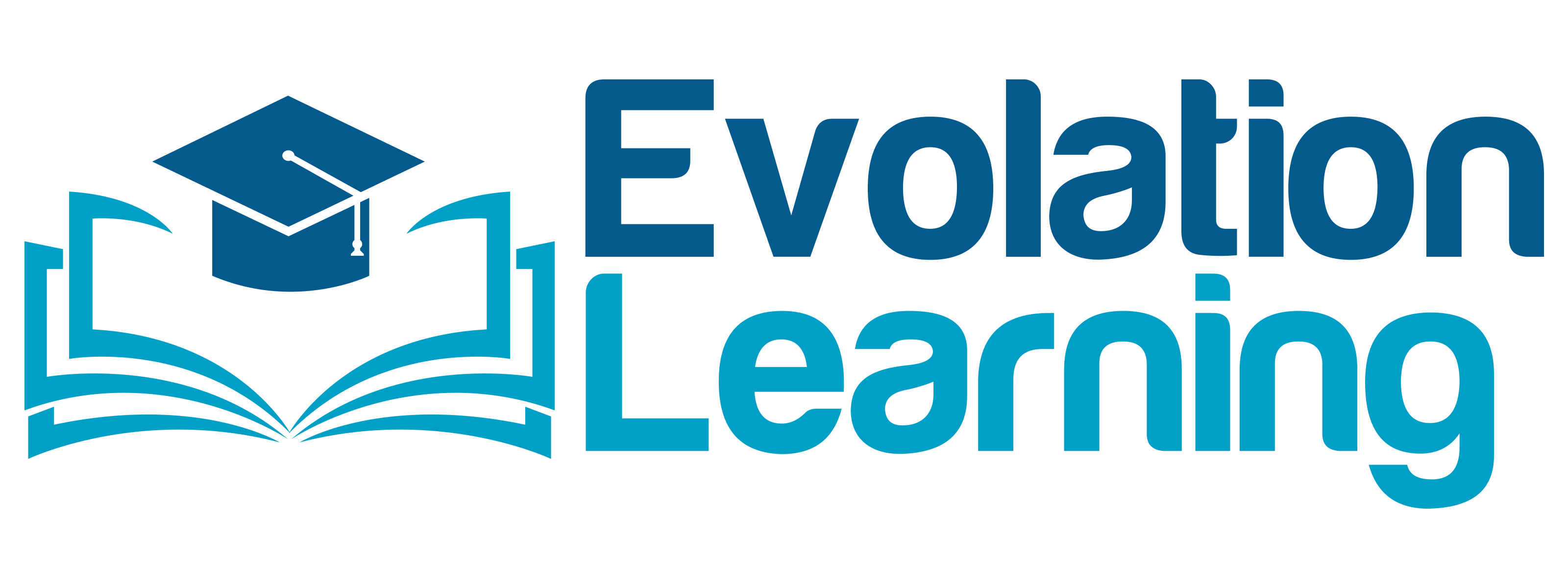Mandi Shrestha
Education
Notable awards
Profile
Courses
The guide will provide information and knowledge required to contribute to needs development in individuals and teams. It will describe how to collect information on the performance, learning and development needs of individuals and teams. It will describe the skills and knowledge required to plan and provide opportunities for individuals to self-evaluate their performance and identify areas for improvement
Business relations are the association that exists between various entities involved in an organisation. It includes the association or relationship between various stakeholders that exist in the organisation network. For example, the relationship between employers and business partners, employers, employees, and other organisations a business associates with.
This learner guide explores competence assessment in vocational education, focusing on effective strategies and best practices. Emphasising the value of authentic assessment methods such as practical exams and performance observations, the guide delves into crucial aspects such as developing competency-based assessment tools, ensuring reliability and validity, integrating technology for efficient management, and embracing holistic assessment approaches.
Additionally, it underscores the significance of recognising prior learning and implementing fair and inclusive assessment practices. By following these principles, vocational educators can enhance the quality and relevance of their programs, equipping learners with the skills essential for workplace success.
Participating in assessment validation is an essential process that ensures the validity and reliability of assessment instruments. Assessment validation is a critical step in the assessment development process, as it helps ensure that the assessment is measuring what it is intended to measure and that the scores obtained are accurate and meaningful.
Assessment validation involves a rigorous and systematic evaluation of the assessment instrument, including its content, format, and administration procedures. By participating in assessment validation, validators can contribute to improving the quality of assessment instruments and ultimately enhance the fairness and accuracy of assessments for all individuals who take them.
Integrate core skills support into training and assessment guide describes the skills and knowledge needed to identify core skill demands in nationally recognised training products, and in workplace, learning and assessment context tasks and texts. It involves comparing those identified demands with the core skills of learners and candidates in vocational training and assessment and providing integrated core skill support to address the identified gaps.
The unit applies to vocational education and training (VET) teachers, trainers and assessors who use a range of technical and training competencies to integrate awareness of core skill requirements into their training and assessment. Current authorised Australian foundation skill frameworks describe the core skills. They include digital literacy, learning, reading, writing, oral communication, and numeracy skills.
This unit does not include the skills and knowledge required to provide specialist support or the competencies used by experienced VET teachers, trainers and assessors to lead the development of foundation skills support.
No licensing, legislative or certification requirements apply to this unit at the time of publication.

